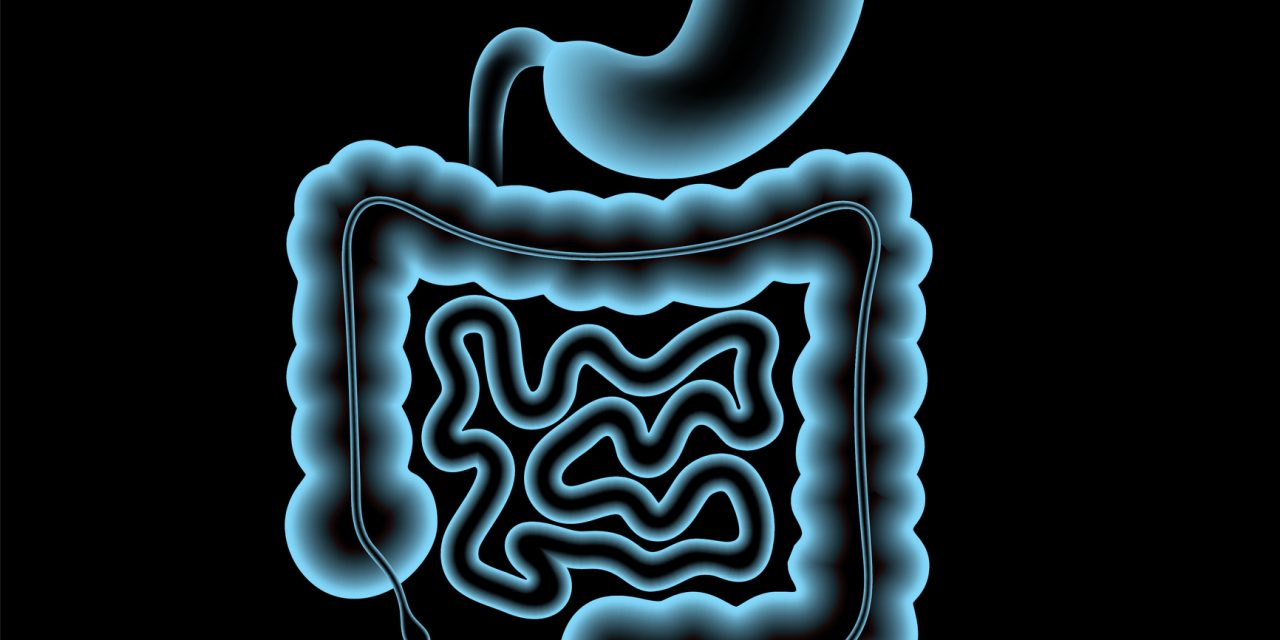Emerging evidence implicates gut microbiota have an important role in ulcerative colitis (UC). Previous study indicated that Evodiamine (EVO) can alleviate colitis through downregulating inflammatory pathways. However, specific relationship between EVO-treated colitis relief and regulation of gut microbiota is still unclear. Here, our goal was to determine the potential role of gut microbiota in the relief of UC by EVO. By using pathology-related indicators, 16S rRNA sequencing and metabolomics profiling, we assessed the pharmacological effect of EVO on dextran sulfate sodium (DSS)-induced colitis rats as well as on the change of gut microbiota and metabolism. Fecal derived from EVO-treated rats was transplanted into colitis rats to verify the effect of EVO on gut microbiota, and ‘driver bacteria’ was found and validated by 16S rRNA sequencing, metagenome and qRT-PCR. The effect of Lactobacillus acidophilus (L. acidophilus) was investigated by vivo experiment, microbiota analysis, Short-chain fatty acids (SCFAs) quantification and colon transcriptomics. EVO reduced the susceptibility to DSS-induced destruction of epithelial integrity and severe inflammatory response, and regulated the gut microbiota and metabolites. Fecal Microbiota Transplantation (FMT) alleviated DSS-induced colitis, increased the abundance of L. acidophilus and the level of acetate. Furthermore, gavaged with L. acidophilus reduced pro-inflammatory cytokines, promoted the increase of goblet cells and the secretion of antimicrobial peptides, regulated the ratio of Firmicutes/Bacteroidetes and increased the level of acetate. Our results indicated that EVO mitigation of DSS-induced colitis is associated with increased in L. acidophilus and protective acetate production, which may be a promising strategy for treating UC.Copyright © 2020. Published by Elsevier Ltd.
Evodiamine has therapeutic efficacy in ulcerative colitis by increasing Lactobacillus acidophilus levels and acetate production.


